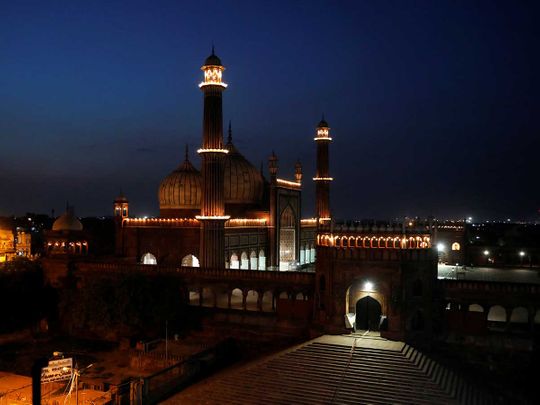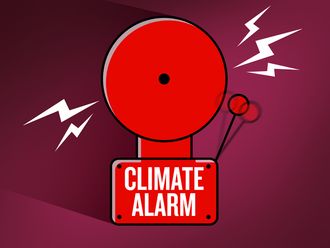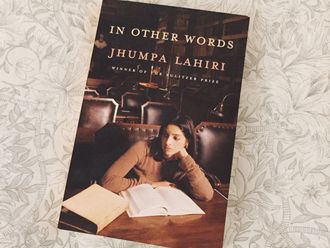
“You can’t fast during a pandemic, it is not safe to get dehydrated as that will easily attract coronavirus,” said my wife.
“Don’t worry, I will try not to get dry-mouthed,” I said, but that was not an easy promise to keep, because seriously, how many glasses of water can you drink early in the morning, just as you sleepily get up, and also eat enough food to last the day.
The worst thing that the virus has done, which is very upsetting news for me and my wife, who are foodies, is that it has scared away the ‘haleem’ makers of Hyderabad, and their affiliates from Mosque Road, in Bengaluru
Ramadan (or Ramzan as it is called in the subcontinent) has started at the worst of times, when people are cowering in their homes as a new killer virus runs rampant across the globe.
Shopping banned
The joys of preparation for the Holy Month were dashed as shopping was banned to keep people a safe distance from each other to stop the infection from spreading.
Ordering dates online was not the same thing as driving to the dry fruit shops in Russel Market in Bengaluru, that was built by the British in 1927, and today imports fat, juicy dates from Iraq and Saudi Arabia.
You will find expatriates shopping here as the meats, poultry and fruits and vegetables are fresh and cheap and you also get anything from cashews, amla (the famous bitter Indian superfood that provides immunity against colds, coughs and practically anything) and honey from Yemen.
The worst thing that the virus has done, which is very upsetting news for me and my wife, who are foodies, is that it has scared away the ‘haleem’ makers of Hyderabad, and their affiliates from Mosque Road, in Bengaluru.
The whole area in this part of the ‘Garden City’ normally turns into a bustling carnival like atmosphere in Ramadan, with fairy lights twinkling across the roads.
Everyone's scared
The pandemic has also scared away the ‘samosa’ (sambusa) sellers who also display other fried fritters on makeshift tables, that are a must (though not a healthy) treat for breaking of the fast, just before sunset.
The food street is frequented not only by Muslims, but everyone who enjoys mouth-watering street food as varied as kebabs, grilled chicken, haleem, of course, delectable sweets and kulfi, the Indian version of ice cream made from pistachios, almonds, and all things nice.
The street is usually jam-packed with people on scooties (scooters) and cars, scouting around for the best food vendor.
This pandemic must be an even bigger curse for women and girls, because you cannot go shopping to purchase new clothes in anticipation of Eid (at the end of Ramadan) or look forward to colouring the hands with henna, or pretty up at a spa.
I thought my wife was speaking from the top of her head about dehydration when fasting, thinking that everyone today has become an medical expert.
An immunologist, however, warns that fighting an infection takes a lot of energy and you need to consume foods that boost your immunity and one should eat carbs, proteins, fresh fruits and vegetables, especially fruits that help fight dehydration.
A dry mouth affects the mucus that lines the airways, and mucus acts as a protective barrier against the virus, that is eager to get into your respiratory system through the mouth.
The big challenge for me in Ramadan is trying to eat within a small window of time early morning. I drank two glasses of water, at 4.40am and could feel it sloshing around in my tummy, and I was no longer hungry.
But as nutritionists warn, the morning meal or ‘suhour’ (sehri) is important to sustain yourself for the next 13 hours or so.
As I was debating what to eat, I could hear the ‘azan’, the call for prayer, and I had to end eating and drinking.
— Mahmood Saberi is a storyteller and blogger based in Bengaluru, India. Twitter: @mahmood_saberi











